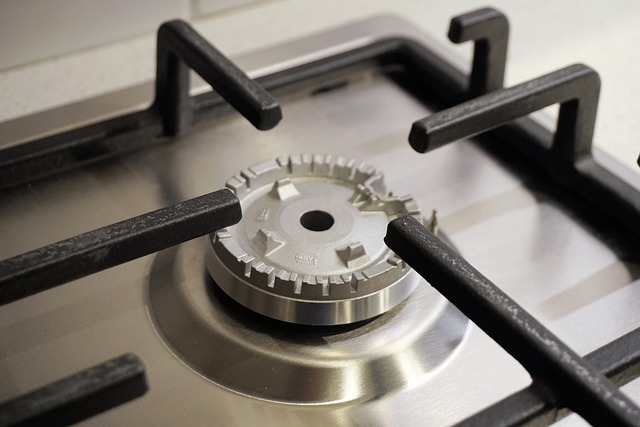When stepping into a house, most people notice the lighting, layout, or the size of the kitchen. But professionals who evaluate homes quickly learn that scent is just as important—sometimes more so—when assessing a property’s overall condition.
Certain odors can point directly to issues that aren’t immediately visible. Ignoring them might mean overlooking a serious problem hiding just beneath the surface. Let’s explore what some common household smells might be trying to tell you.
1. Musty or Damp Odors: A Hidden Moisture Problem
A musty smell is often a red flag. It’s typically a sign of excess moisture—something no home should ignore. This odor commonly originates from basements, crawl spaces, or behind walls where water might be trapped.
In many cases, the source is a leak—maybe from a roof, plumbing, or even poor drainage around the foundation. Moisture can lead to mold and mildew, which not only damage building materials but can also cause health concerns for the occupants.
Persistent mustiness should always be followed up with a thorough check for water intrusion, mold growth, or ventilation issues.
2. Rotten Egg Smell: A Gas Leak Warning

A strong sulfur or “rotten egg” odor inside a home is an immediate concern. This smell is usually associated with natural gas leaks. Utility companies add a chemical called mercaptan to natural gas, which is naturally odorless, to make leaks easier to detect.
Even a faint scent is not something you should ignore. If this odor is present, windows should be opened, the gas should be turned off (if safe to do so), and professionals should be contacted immediately. Gas leaks can be extremely dangerous.
3. Sewage or Foul Drain Smell: Plumbing System Issues
A home with an intermittent sewage-like smell may be suffering from problems within the plumbing system. Dry drain traps, clogged vents, or even a cracked sewer line can all contribute to this unpleasant aroma.
These issues can sometimes be fixed easily, but if left unresolved, they can lead to structural damage and unsafe living conditions. Uncovering the root cause often requires a combination of experience and diagnostic tools.
4. Burning or Electrical Smells: Potential Fire Hazards
A sharp, acrid smell—often compared to burning plastic—can suggest overheating electrical components. Outlets, wiring, or appliances could be malfunctioning and creating a fire risk.
This kind of odor is especially serious when it comes and goes, as intermittent wiring issues can be hard to trace. It’s crucial to address this immediately with a licensed electrician.
Trust Your Nose—It’s an Early Warning System
While modern homes are built to be tight and energy efficient, this can sometimes allow smells to linger—and that’s not always a bad thing. In fact, unusual odors can provide one of the earliest signs that something’s not right.
By paying attention to the smells in a home, it’s possible to uncover hidden problems before they grow into major repairs. Your nose might just be your most underrated inspection tool.

Recent Comments